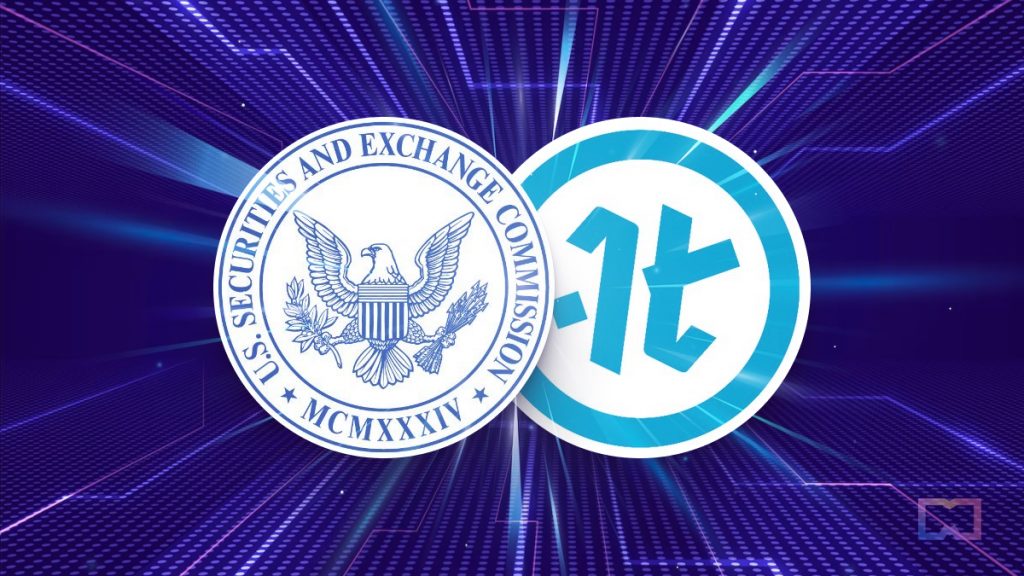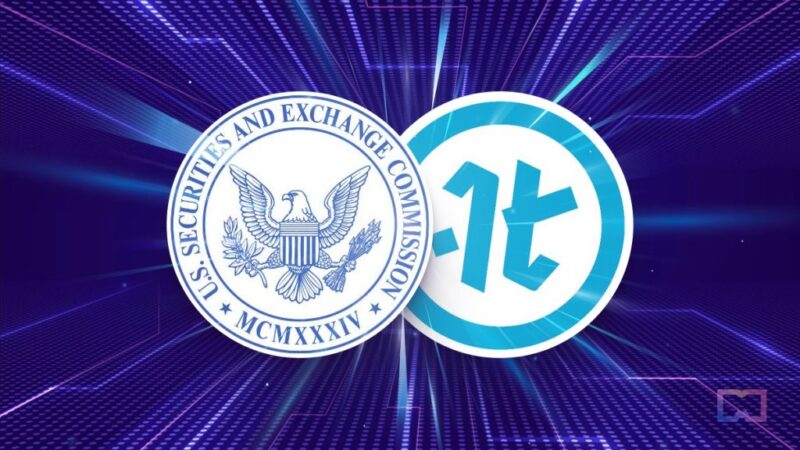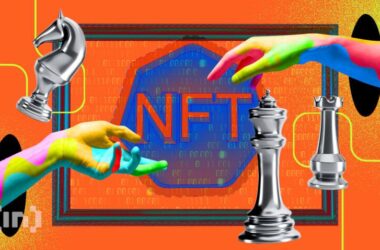
On August 28, the U.S. Securities and Exchange Commission initiated its inaugural enforcement action related to non-fungible tokens (NFTs). Notably, within this development, dissent arose as specific members questioned the application of the Howey analysis in the Impact Theory case.
Within the commission, a panel comprising five members holds the responsibility of voting on particular settlements or actions. In this instance, the vote led to a division, with two members expressing dissenting viewpoints.
Impact Theory, a company aspiring to shape the future akin to Disney, recently attracted attention. With podcasts reaching a monthly audience of 13 million individuals, they’ve ventured into a 3D blockchain-powered alternate reality game.
Lately, the company raised almost $30 million through the sale of NFTs, coupled with assertive predictions of future value growth. These NFTs were marketed with the prospect of value appreciation, reminiscent of investment opportunities.
“Buying a founders key is like investing in Disney, Call of Duty, and YouTube all at once,” said one of the purchasers, in a statement.
The Impact Theory case has prompted significant inquiries about the essential information NFT purchasers should possess. It has also led to contemplation about the potential applicability of different rules and whether adjustments to the SEC’s investment registration regulations are warranted for NFTs.
The SEC’s enforcement action aimed at Impact Theory’s NFT sales has triggered a more extensive discussion concerning the oversight of non-fungible tokens.
Despite differing viewpoints on this assessment, the scenario has given rise to broader apprehensions that the Securities and Exchange Commission should confront before pursuing additional NFT-related cases.
The Commission reportedly addressed several things while trying to reach a decision.
Among the discussed topics were the impact of eliminating royalties, companies’ previous NFT offerings, and the impact the requirement for the company to eliminate their own holdings could have on one-of-a-kind art pieces.
While the Commission’s decision was not unanimous, it signals the need to address intricate legal and conceptual questions surrounding NFTs.
The heart of the matter lies in the delicate balance between investor protection and the ever-evolving landscape of NFTs, which can represent a diverse range of digital or even physical assets.
Beyond the specific facets of the Impact Theory case, the SEC’s inaugural action concerning NFTs has introduced complexity into establishing precise regulations. The SEC demonstrates a hesitancy to classify NFTs in the same manner as traditional investments, underscoring the distinct nature of these tokens in contrast to ownership stakes in companies or investment returns.
After settling with the SEC, Impact Theory hosted a three-hour “Ask me anything” on X (former Twitter). The company shared that it accepted the settlement instead of fighting because it “would have likely spent twice the amount fighting a legal battle—one which could have given a worse outcome.”
“We would prefer to use these funds and time for the project instead,” said Tom Bilyeu, the host of Impact Theory. “The settlement is called a neither-admit-nor-deny basis. This means that I neither agreed nor disagreed with the SEC’s takes.”
Impact Theory further shared that they got rid of royalties because “it seems that royalties could make the NFT look more security-like.”
“It would be unwise for me to assume how the SEC will rule, but I will point everyone back to the dissenting questions. They get to the same kind of things that speak to royalties and how people are able to sell these things,” said Bilyeu. “A lot of these projects were done by artists who don’t know business. Things can get dicey fast, and people need to be careful.”
Source: mPost





